Blood and blood products are used every day throughout New Zealand to save the lives of people with life-threatening injuries and illnesses. There is always a need for people to donate blood. Did you know that you can choose to donate whole blood or donate only plasma?
Blood 101
Blood is a very specialised body fluid, made up of plasma, red and white blood cells and platelets. Blood has several vital functions. It:
- regulates body temperature
- transports oxygen and nutrients to tissues and lungs
- carries cells and antibodies that fight infections
- brings waste to liver and kidneys to filter and clean blood
- forms blood clots to prevent excess blood loss.
Plasma – a straw-coloured liquid containing water, sugar, fat, protein and salts. It accounts for over half of blood volume transporting blood cells, nutrients, antibodies, waste products, clotting proteins and hormones through the body.
Platelets – their main function is to prevent and stop bleeding. When a blood vessel is damaged, platelets clump together, forming a clot to prevent further blood loss.
Red blood cells – the ‘carriers’ of the blood, carrying oxygen from the lungs, delivering it through the body and transporting waste back to the lungs.
White blood cells – the ‘creators’ of the blood, generating antibodies to fight infections and a critical part of our immune defence.
Hemoglobin – a protein found in red blood cells that binds to oxygen. The oxygen that we breathe in attaches to the hemoglobin and is transported to the tissues and muscles. Hemoglobin then picks up carbon dioxide and takes it back to the lungs to exhale. Iron is part of the hemoglobin protein and is what gives blood its red colour.
Whole blood is used to treat patients who need all these components of blood – usually those who have suffered a significant blood loss through trauma or surgery.
When donating whole blood, about 470ml is collected from you. The fluid removed gets replaced by your body within 24 hours but it can take up to two months before your red blood cells get back to their usual level.
Why donate just plasma?
Plasma is used on its own to treat burns victims, people who have had organ transplants, chemotherapy patients, and people suffering from immune or blood disorders. Plasma can protect pregnancies or help build a person’s antibodies.
Plasma is used more often than whole blood as it is less likely to cause side effects such as volume overload, heart arrythmias and hypothermia. There is also less chance of a person reacting to a component in the plasma, compared to whole blood.
When donating plasma, a special machine is used where only the plasma is collected into a bag, and the red blood cells and platelets are returned to the body. Compared to whole blood donation, two to three times more plasma can be collected, and plasma donors can donate more frequently than blood donors as you don’t feel as tired after a plasma donation (you aren’t losing your iron stores).
ABO and Rh Blood groups
It wasn’t until 1901 that blood transfusions could take place safely and successfully. A doctor discovered that blood could be classified into types – the ABO blood group system. Depending on the genes you inherit from your parents your blood type could be A, B, AB or O. The blood group classification recognises that red blood cells can have different antigens on their surface and different antibodies are present in the plasma. A second blood group classification called the Rhesus system identifies whether your blood has the Rhesus factor, and your ABO blood type will either be positive (Rh+) or negative (Rh-).
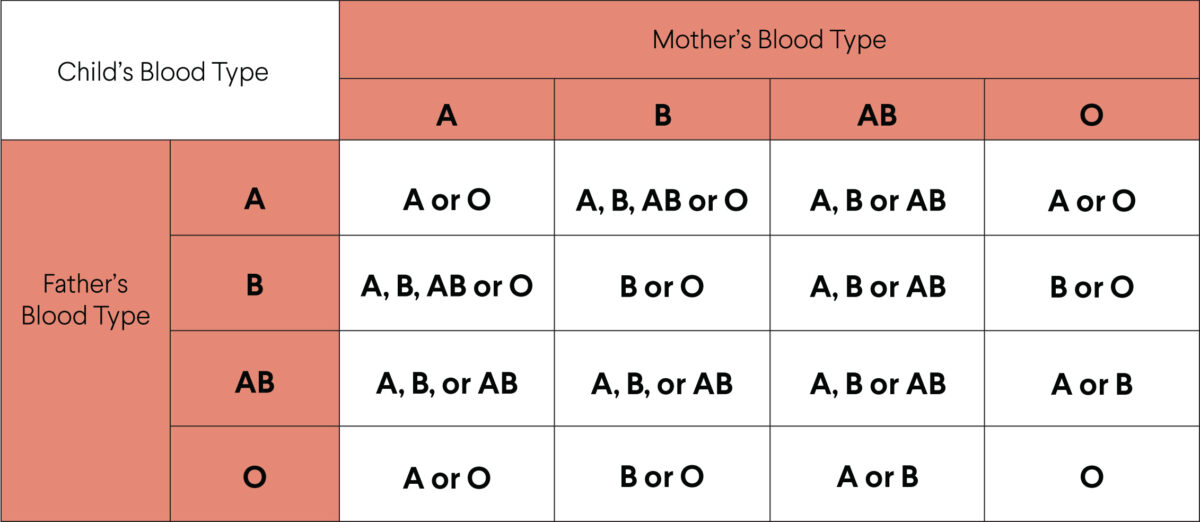
Giving the wrong blood type to a patient for a blood transfusion can be life-threatening. If a person is given a blood transfusion with transfused red blood cells that aren’t identical to their own blood group, their body will make antibodies against the transfused blood and the transfused red blood cells will be destroyed.
Mad Cow restrictions lifted
From 29 February 2024, a restriction that prevented people from certain countries from donating blood in New Zealand was lifted. People who lived in the United Kingdom, France or the Republic of Ireland for six months or more between 1980 and 1996 had been prevented from donating blood since 2000. This was a precaution to decrease the chance of transmitting Creutzfeldt-Jakob Disease (Mad Cow Disease) through blood or plasma transfusions.
Become a blood or plasma donor
New donors aged between 16 and 71 years old may be eligible to donate whole blood or plasma.
Before becoming a donor, an eligibility check is required. This is to protect both donor and blood recipients and makes sure the process is safe for all involved. There are some age and weight restrictions and checks to ensure the chance of passing on any infections is minimised.
- If you have a cold, flu, Covid, sore throat, cold sore or stomach bug, you will not be able to donate until you are well.
- Certain health conditions such as multiple sclerosis or heart conditions will rule you out permanently as a donor.
- Donating during and for up to nine months after pregnancy is not permitted.
- If you have had a tattoo or piercing in the last three months, or travelled to a country with mosquito-borne disease your donation will be delayed.
For a detailed list of eligibility requirements, check the NZ Blood Service website.
The actual process of giving blood only takes 5 to 10 minutes but allow up to 90 minutes for registration, an eligibility interview and recovery after the donation. A single donation from you can save the lives of up to three other people!






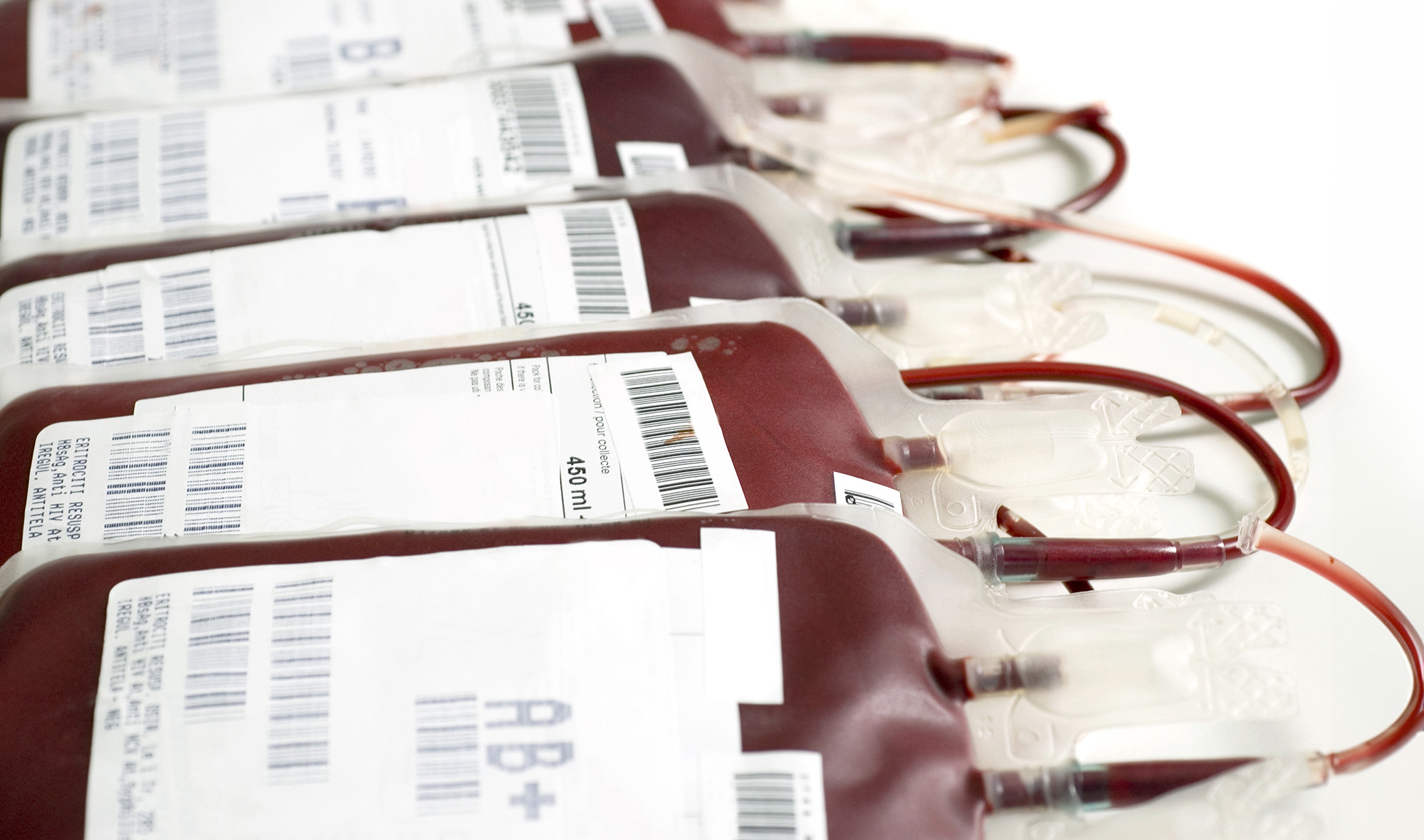


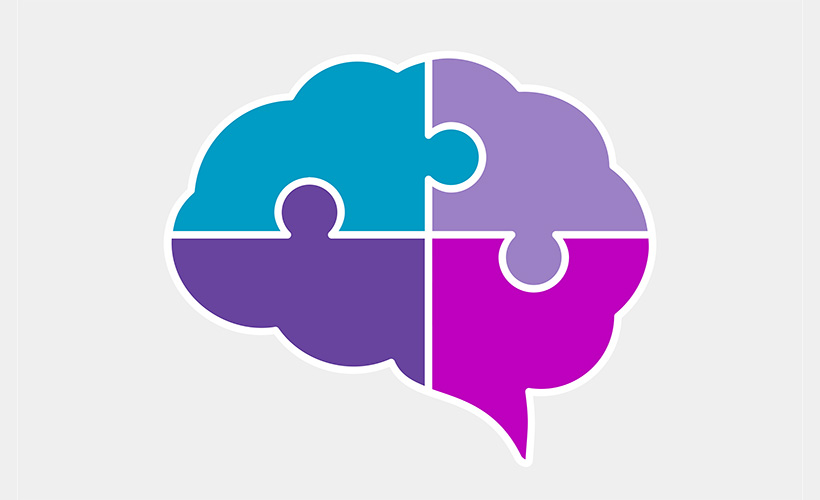
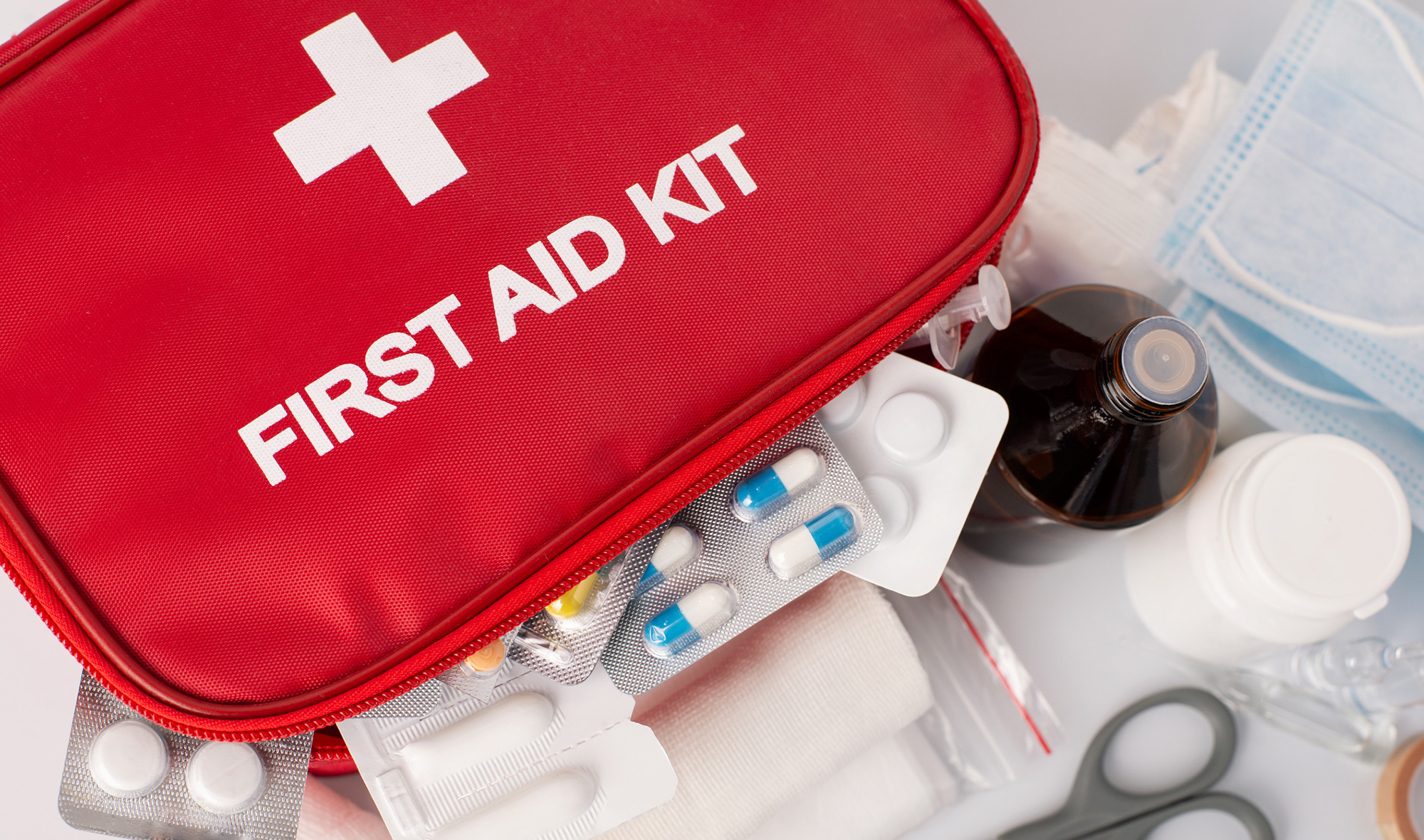

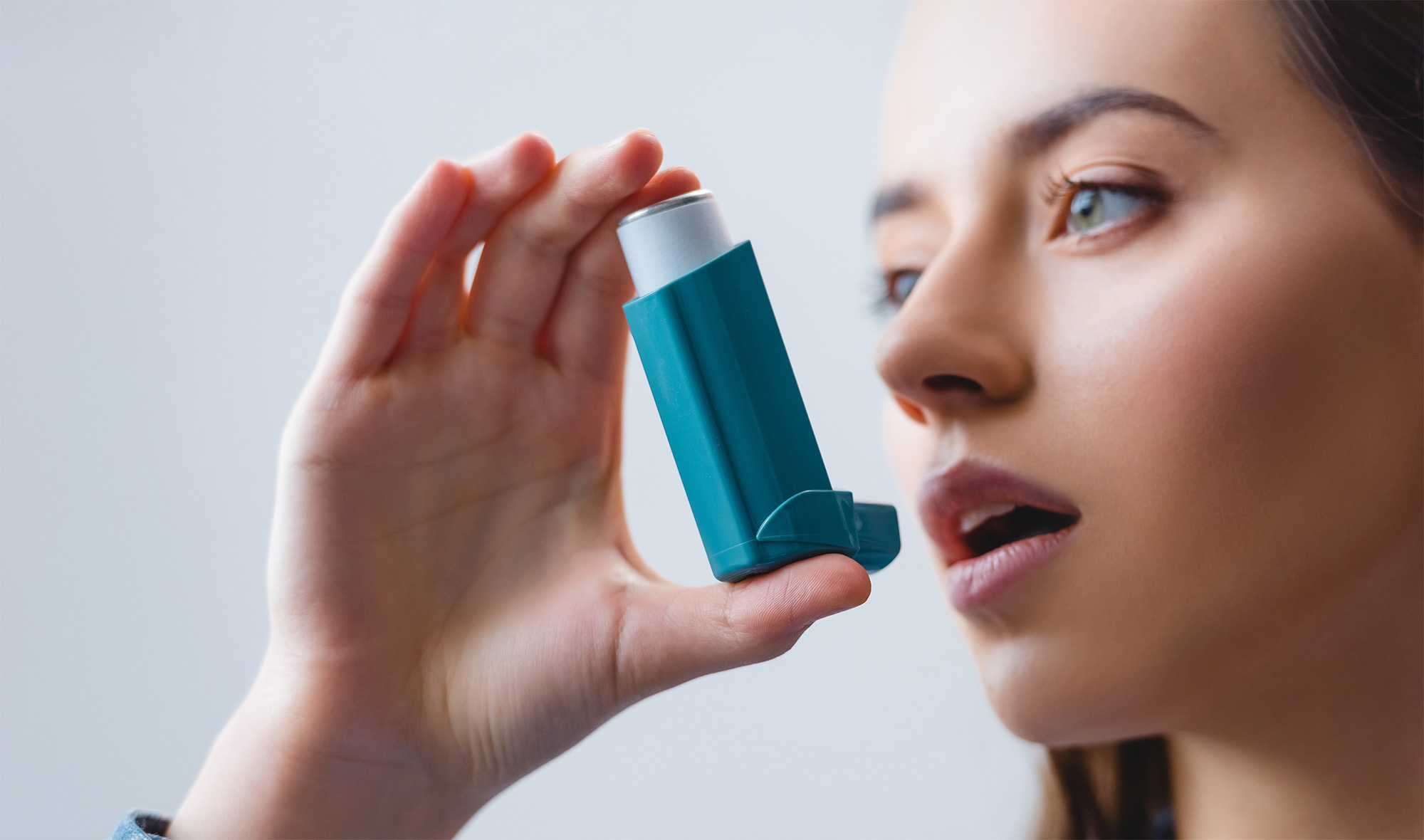


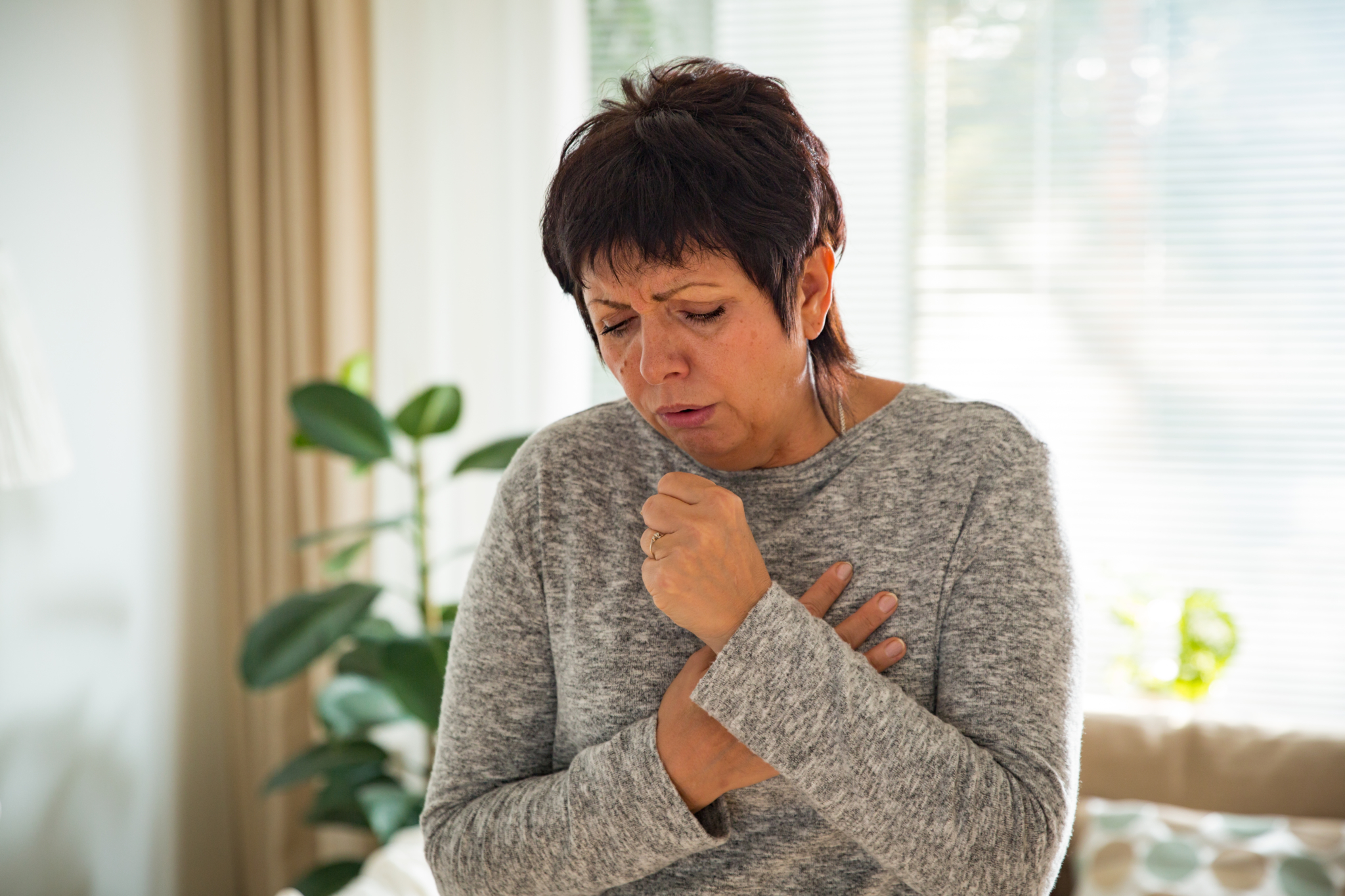

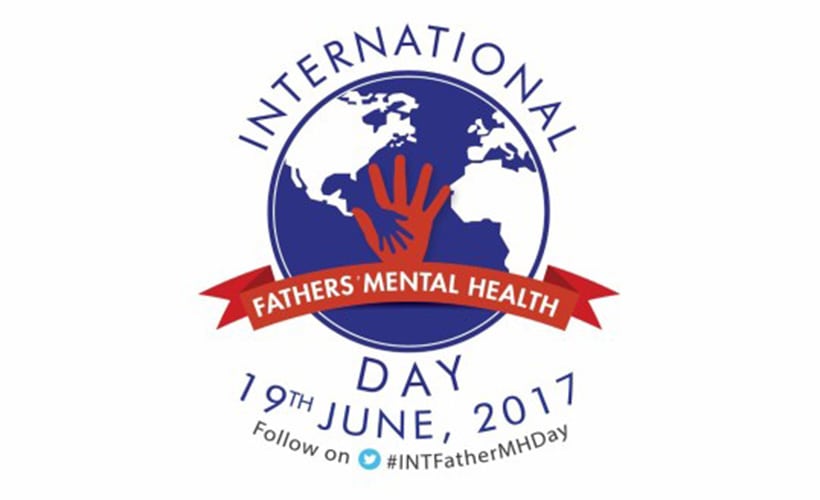

Community